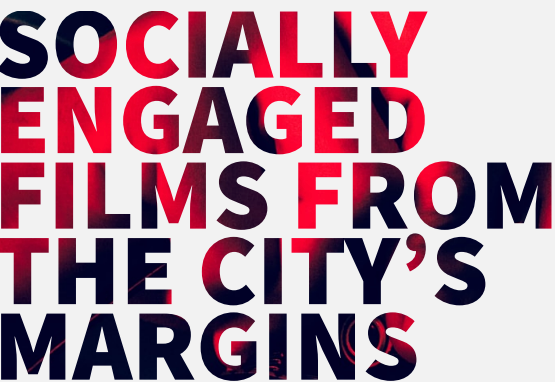In this film, Nick talks about his motivation for doing this project and why he felt these research sites were appropriate. He also discusses the theoretical foundations of this research: Paulo Freire's concept of critical literacy. In keeping with the participatory orientation of this research, the youth and community filmmakers share their critical reflections on their work, and the project as a whole.
These films are the culmination of our community media fieldwork at two sites in Bristol: an adventure playground and a local authority tower block. This research explores the extent to which documentary film production can enhance critical media literacy. It also examines how learning spaces can be configured towards an environment conducive to democratic knowledge production. We have tried to achieve these objectives by providing groups, who may have limited access to film production tools, the opportunity and skills to make, exhibit and discuss documentaries that challenge the dominant discourses that prevail in conventional media and education.
We make no claims to political neutrality. First, we explore a range of strategies to enable learners to unmask discourses of power as ideological constructions; and, secondly, we investigate different approaches to cultural production through which they can articulate and disseminate narratives that counter these dominant scripts, and present a case for equitable alternatives. By reconfiguring the conventional one-way knowledge delivery model to a more democratic learning space, we have sought to establish the conditions to move towards a constructivist pedagogy. We have attempted to harness the cultural resources of subaltern learners to explore new possibilities for the production and circulation of counternarratives that challenge the discourses through which social injustices are often naturalised.
In this study, we have tried to establish new spaces, where learning is not simply transmitted: it is negotiated, contested and shaped in a learner-centred pedagogy: one which empowers marginalised people to intervene in their own self-formation. This project not only seeks to break down the dominant discourses of conventional learning, but also invites filmmakers to engage in contemporary social struggles through critical media production.
Critical media literacy is designed to facilitate a convergence of digital media culture and the social concerns of learners. Through this intervention, we have developed, alongside learners as co-researchers, a transferable framework for critical media practice. This intervention attempts to go beyond the provision of technical or literacy competencies, it is designed to be a springboard for cultural action. Breaking free from institutional expectations, the filmmakers in this study have been invited to renegotiate their place in the social order as critical producers of media. Our endeavour is to provide the foundations for learners to become agents of their own transformation and agents of social change.
By locating this intervention in deprived areas of Bristol, we are directly responding to the imbalance in participatory culture. We have established a Freirean pedagogy, where critical reflection and dialogue provide the basis of social action through cultural production. This process has enabled the co-researchers in this study to better understand how Paulo Freire’s notion of critical literacy can be channelled through the tools and spaces of new media.
Key words: critical pedagogy, critical media literacy, community media, subaltern counter-narratives, participatory action research, multimodality, social constructionism
